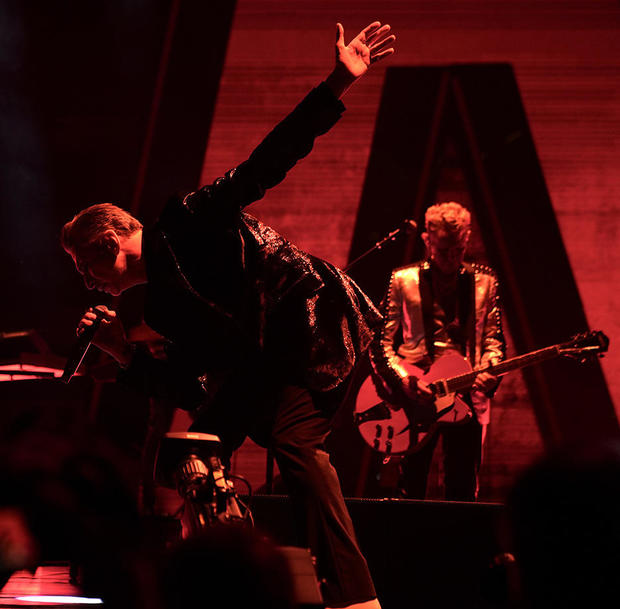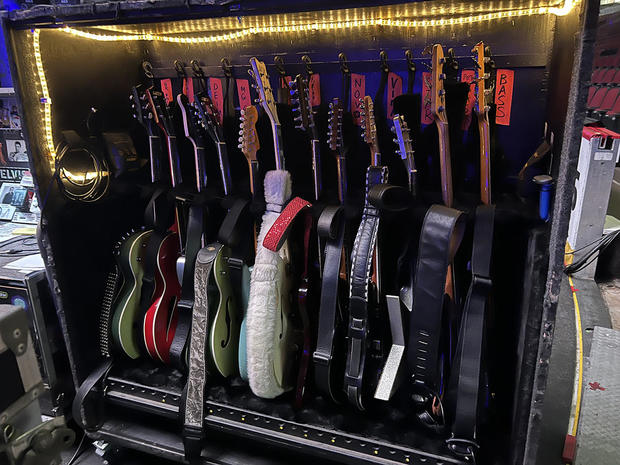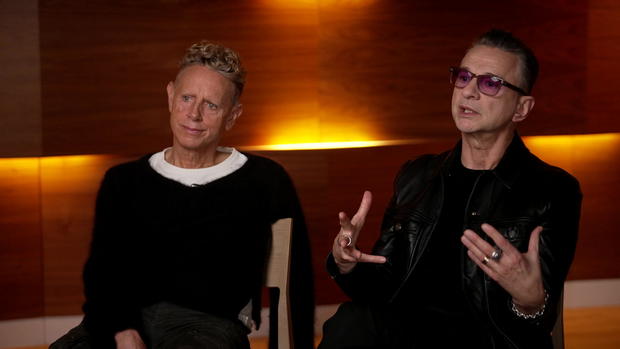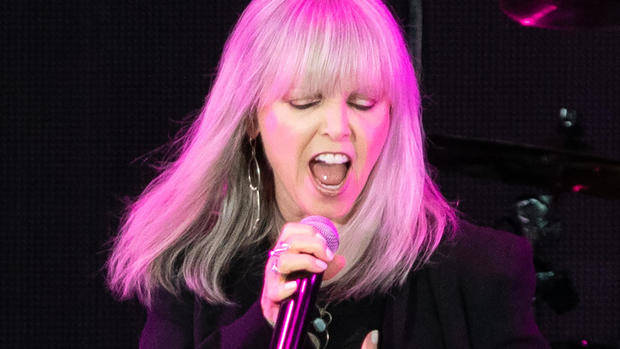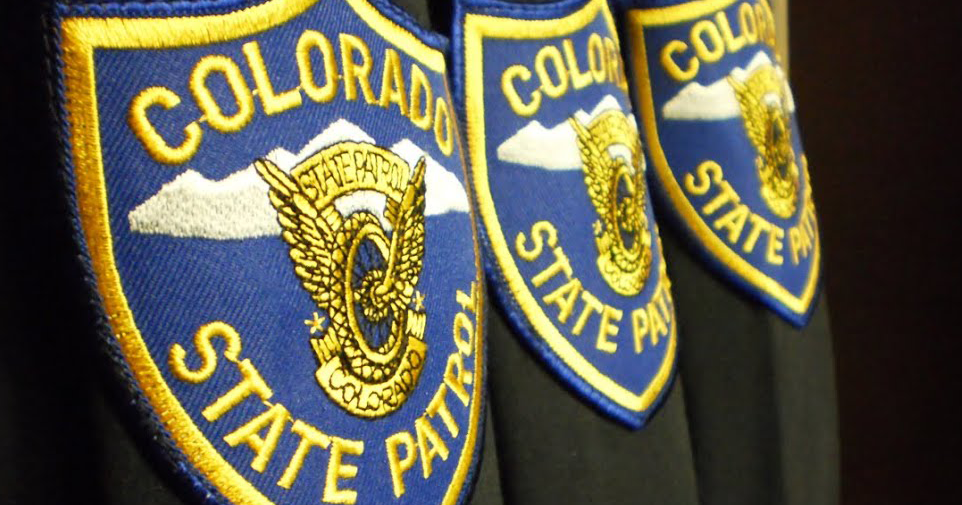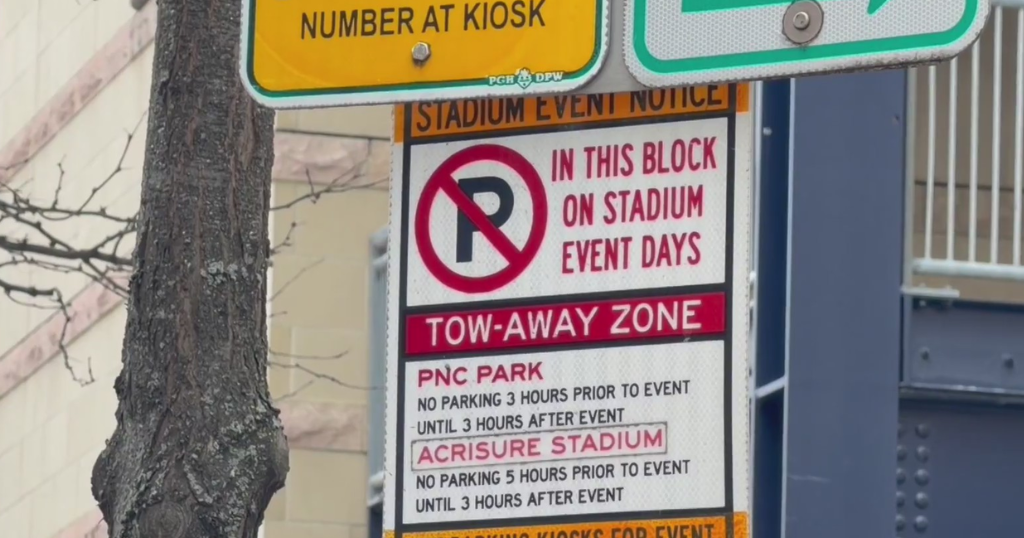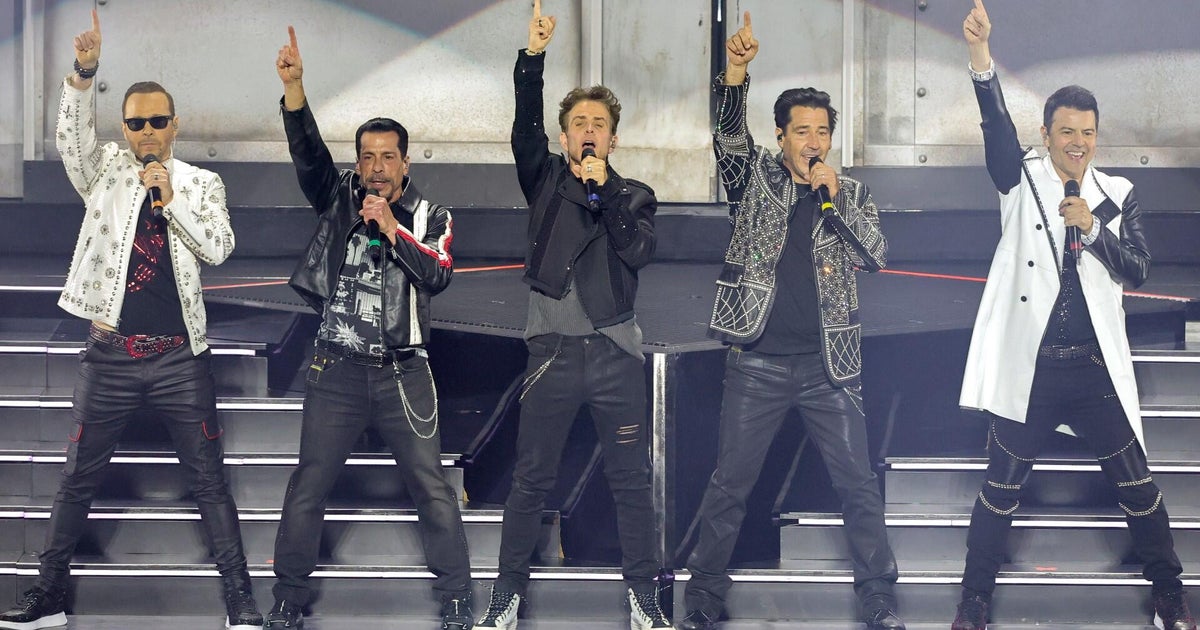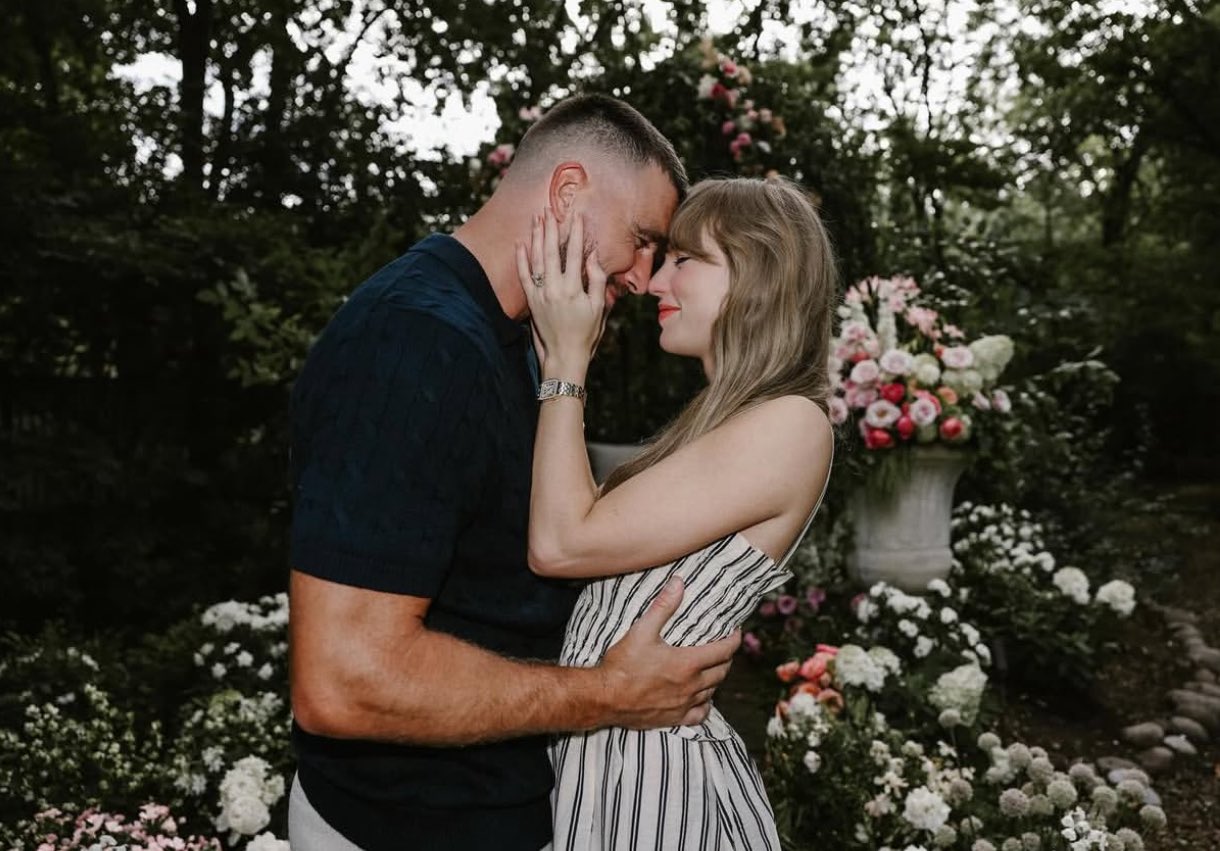The latest act for Depeche Mode
For a band who put out their first big hit, "Just Can't Get Enough," more than 40 years ago, Depeche Mode is surprisingly relevant in 2023, from late-night TV appearances, to selling out stadiums across the U.S. and in Europe. And it isn't just some nostalgia tour where a band plays their greatest hits at a casino near you; no, Depeche Mode's latest album, "Memento Mori," is getting serious radio play.
Dave Gahan, Depeche Mode's lead singer, said, "Our music, if you allow it, will take you somewhere."
And yet, Gahan and Martin Gore, the band's lead songwriter, who began the year with a new album, "Memento Mori," and a packed tour schedule, found themselves somewhere they've never been – mourning the loss of their bandmate, Andy Fletcher.
"I didn't realize maybe before we went into this promo trip how heavy that would be, to be asked about that over and over and over again," said Gore.
Fletch, as they called him, was a founding member of the band, and died suddenly last year just as the album was finished, giving its title (which means "Remember one's mortality") an eerie new meaning.
Gahan said, "Some might say that a lot of these songs were sort of foreboding or something, but, you know, I don't think Martin was probably aware of that."
To listen to "Ghosts Again" by Depeche Mode, click on the video player below:
Gore said, "When I first started writing songs for this album, I wouldn't have had the idea of calling the album 'Memento Mori' and maybe have some of the songs dealing with death. It just kind of happened like that. Sometimes you do wonder if you tap into something."
"People Are People" (1984) by Depeche Mode:
Growing up in Basildon, a small town in Essex, England, Martin Gore was one of the first kids around to get a synthesizer, which is why Vince Clarke and Andy Fletcher wanted to start a band with him. "They immediately saw the potential of the synthesizer that I was using," Gore said. The guitars and bass were ditched. "We became an all-electronic band."
Gahan then joined as singer, and the group started making waves in London's underground club scene. "It was easy to go to gigs on the train," Gore said, noting they'd pack their synthesizers into suitcases.
Soon enough, this English band with a French name and their synthesizers were becoming a hit in Europe. But success in the U.S. would take a bit longer, due to a lack of radio play, and some suspicious music critics. Every interview, they said, would be a battle, as Gahan recalled: "'Why don't you use traditional instruments?' Of course, it's not a great way to start an interview."
The band finally broke through to American audiences in 1988 playing to a capacity crowd at the Rose Bowl in Pasadena, as memorably documented by D.A. Pennebaker in his film, "Depeche Mode 101."
Their subsequent album, "Violator," went triple platinum. And as for guitars, well, they began appearing in the sound of Depeche Mode as well.
Burbank asked, "As someone who is not a rock star, why do you need so many different guitars? Is it different tunings?"
Gore replied, "At some point it becomes an addiction."
He described the band's appeal: "I think we somehow managed to build this cult following. And we still feel to this day that, you know, we're kind of like a cult band, even though we sell a lot of records everywhere."
WEB EXCLUSIVE: Depeche Mode's hunt for "interesting sounds":
Gahan added, "I think we probably are, and have been for many years, we're kind of the biggest alternative band in the world, put it that way."
But success for Depeche Mode was a double-edged sword. Gahan developed a heroin addiction so severe that it's said Los Angeles paramedics nicknamed him "The Cat," because he'd overdosed so many times.
"It was the time when I wasn't working that got really dark, because there's no one there to balance it out," Gahan said. "There's no band, there's no music, there's no, you know, it was just the addiction and that's what it is. You can call it whatever you like. But once you go down that road, the hardest thing is to drag yourself back out of it – it was for me anyway. I didn't think it would be as hard as what it was."
Burbank asked, "Was it hard for you, Martin, and the other members of the band to kind of watch what Dave was going through, as his friends?"
"It was difficult at the time," Gore replied. "But then, you know, after that, after Dave got clean, you know, for years I went on drinking. And I think that that must have been really hard for Dave because, you know, I wasn't an occasional drinker, you know? And that was in Dave's face all the time."
"It's kind of Martin to say that," Gahan said.
Today both Gore and Gahan are sober, and credit music with saving their lives. "I know Martin feels the same; it was the one thing that always sort of could lift me, change my spirit, change the way I felt, lead me into a different direction, or also into fantasy, into another world," Gahan said. "And yeah, it saved me many, many times."
You can stream "Memento Mori" by Depeche Mode by clicking on the embed below (Free Spotify registration required to hear the tracks in full):
For more info:
See also:
GALLERY: Summer music heats up 2023
